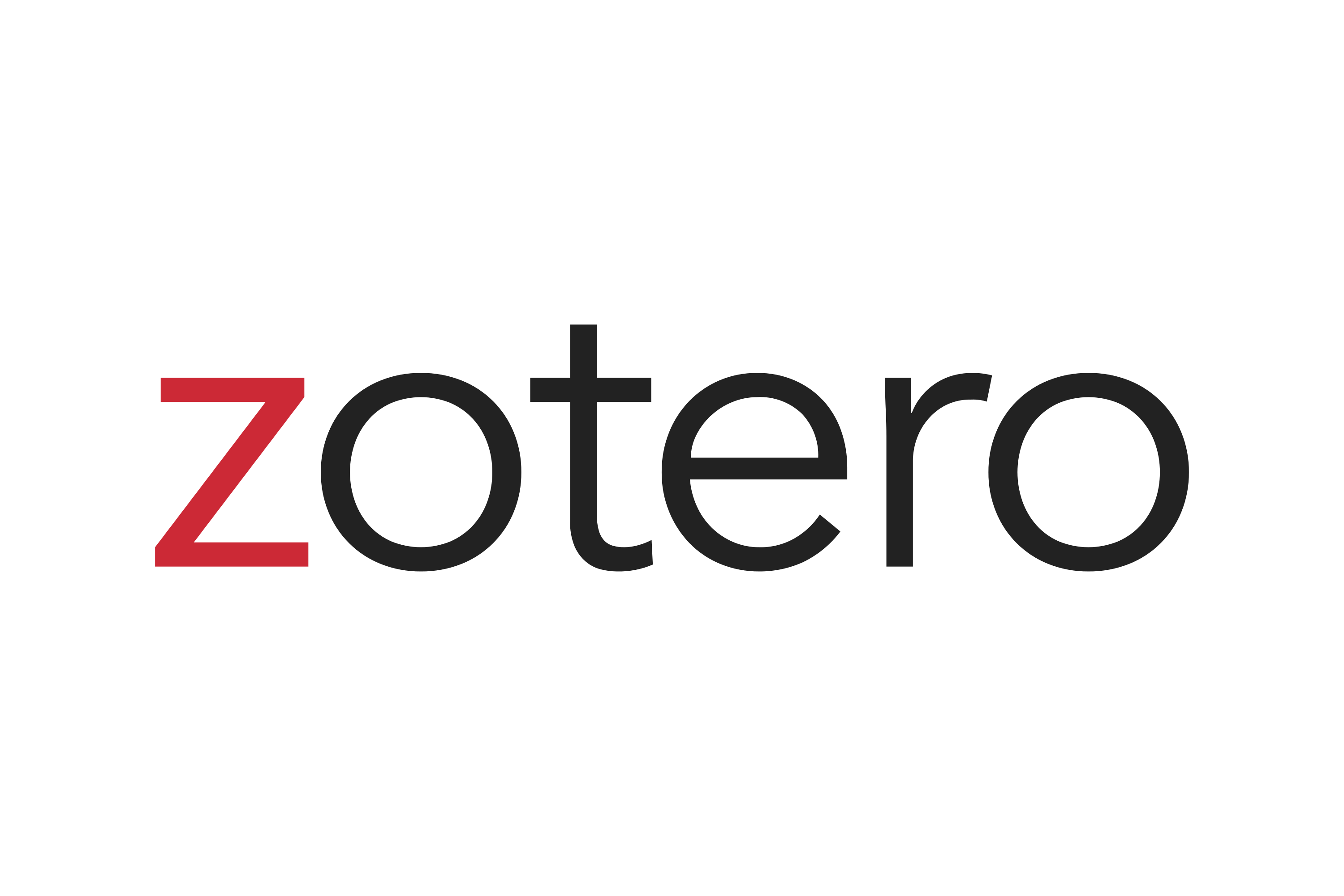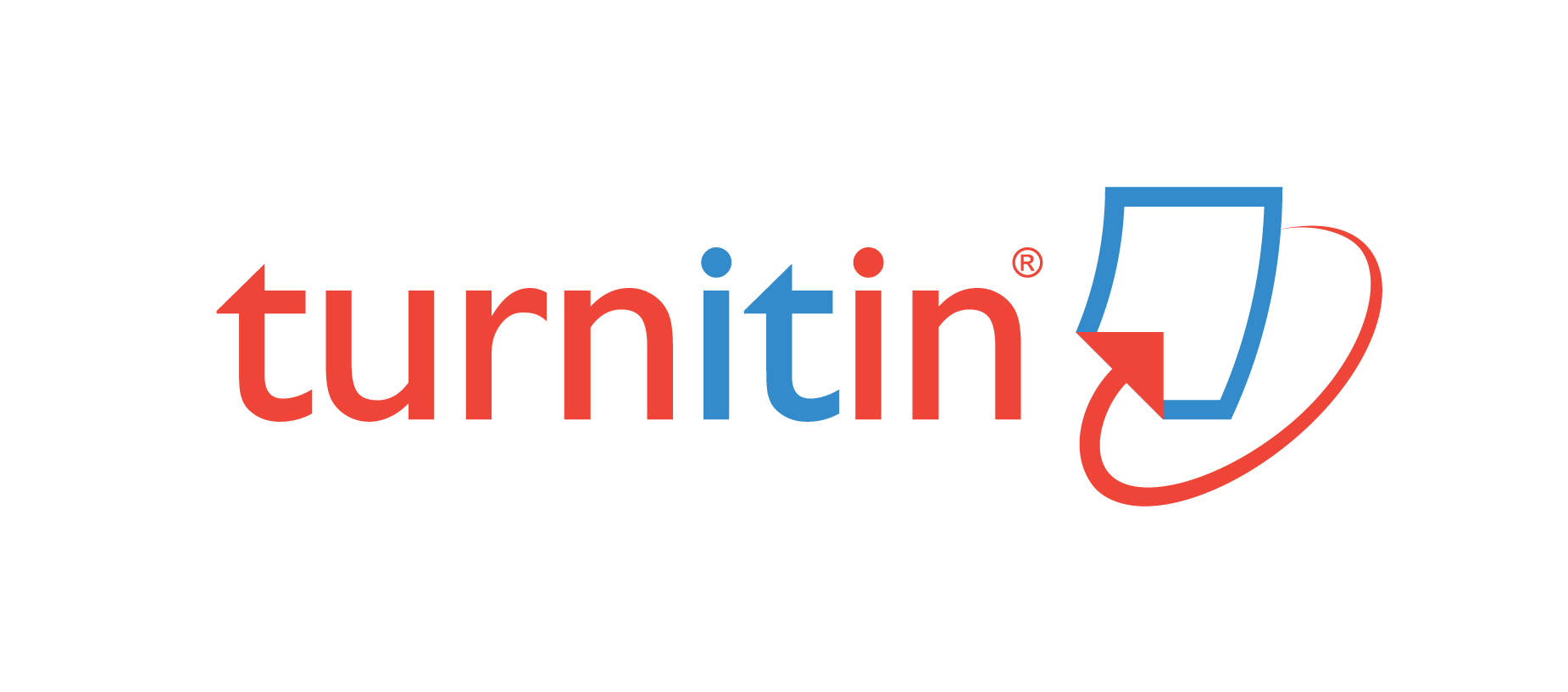Kritik Nalar Islam Indonesia: Tinjauan Problematis Relevansi Teks dan Konteks
Diskursus Kritisisme Penafsiran Ayat non-Muslim dalam al-Qur’an
DOI:
https://doi.org/10.32678/alfath.v13i1.2890Keywords:
Controversy, non-Muslim leader, Islamic state, IndonesiaAbstract
This paper specifically discussed about non-Muslim leadership in the Islam context, especially in Indonesia. This paper also discussed with the studied
concepts of leadership in Islam (non-Muslim) and Islamic countries which are led by people with another religion (non-Islam). Not only to the extent of
permissibility or non-indulgence of non-Muslim leadership in Islam, but it presented the opinions of the pros and cons of this case. Then it can be taken
a formulative idea that can bring Moslem of Indonesia to come up from the stagnancy of unknowledgeable sektesentric pattern against the rejection non-
Muslim leadership without any real solution for himself and the Muslim community. Especially if the concept became contextualized with an Indonesia
country with a Muslim as majority.
Downloads
Downloads
Published
How to Cite
Issue
Section
License
Copyright Notice

Al-Fath: http://jurnal.uinbanten.ac.id/ is licensed under a Creative Commons Attribution-ShareAlike 4.0 International License
An author who publishes in Al-Fath agrees to the following terms:
- Author retains the copyright and grants the journal the right of first publication of the work simultaneously licensed under the Creative Commons Attribution-ShareAlike 4.0 License that allows others to share the work with an acknowledgment of the work's authorship and initial publication in this journal
- Author is able to enter into separate, additional contractual arrangements for the non-exclusive distribution of the journal's published version of the work (e.g., post it to an institutional repository or publish it in a book) with the acknowledgment of its initial publication in this journal.
- Author is permitted and encouraged to post his/her work online (e.g., in institutional repositories or on their website) prior to and during the submission process, as it can lead to productive exchanges, as well as earlier and greater citation of the published work (See The Effect of Open Access).
Privacy Statement
The names and email addresses entered in this journal site will be used exclusively for the stated purposes of this journal and will not be made available for any other purpose or to any other party.










